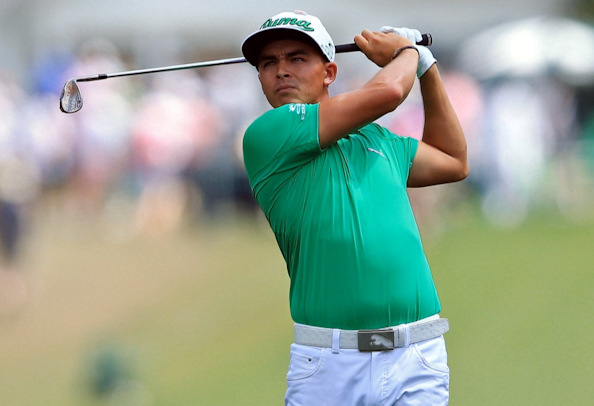Rickie Fowler recently put an end to an aggravating narrative that he could not close the deal on the PGA Tour and he enters this week’s US Masters with sights set on seeing off another dubious distinction.
World No 8 Fowler begins the year’s first major riding high after a solid start to the season in which he finally turned a 54-hole lead into a win and now wants to shed the label of being the best current player without a major title.
Fowler, whose Honda Classic victory in February was his fourth PGA Tour win, feels his recent putting form will allow him to focus on “offense” at Augusta National.
“I’m making a lot of birdies right now, and that bodes well around this golf course,” Fowler, who ranks seventh on the PGA Tour in birdies this season, told a news conference on Monday.
“If I can continue to do that here this week, a lot of birdies, maybe a couple eagles in there, that’s going to be something that’s going to be very good.”
Fowler’s opening 80 last year marked his worst-ever round at Augusta National and he went on to miss out on weekend play for the first time in six Masters starts.
But the 28-year-old American is not worried about the same fate this year.
“I just made some dumb mistakes that easily could have been avoided,” said Fowler, whose best Masters finish was a tie for fifth in 2014.
“I don’t have to play my best golf around here to get it around the golf course and still find a way to score. I know this golf course too well now to really make those mistakes that I did last year.”
In his opening round last year Fowler sent shots into the trees, found water, overshot greens, yet he is not trying to erase that round from his memory.
“It’s good to remember your bad shots and your good shots,” said Fowler. “Being that way, when you end up in a similar situation, if it’s a good one, you remember what you were thinking and go through a process and get in that same frame of mind.
“And then remembering the bad ones is also good, as well; understanding what did I do wrong there, what was I thinking, how can I think differently, how do I block, if something (negative) crept in, how do I keep that out.”
